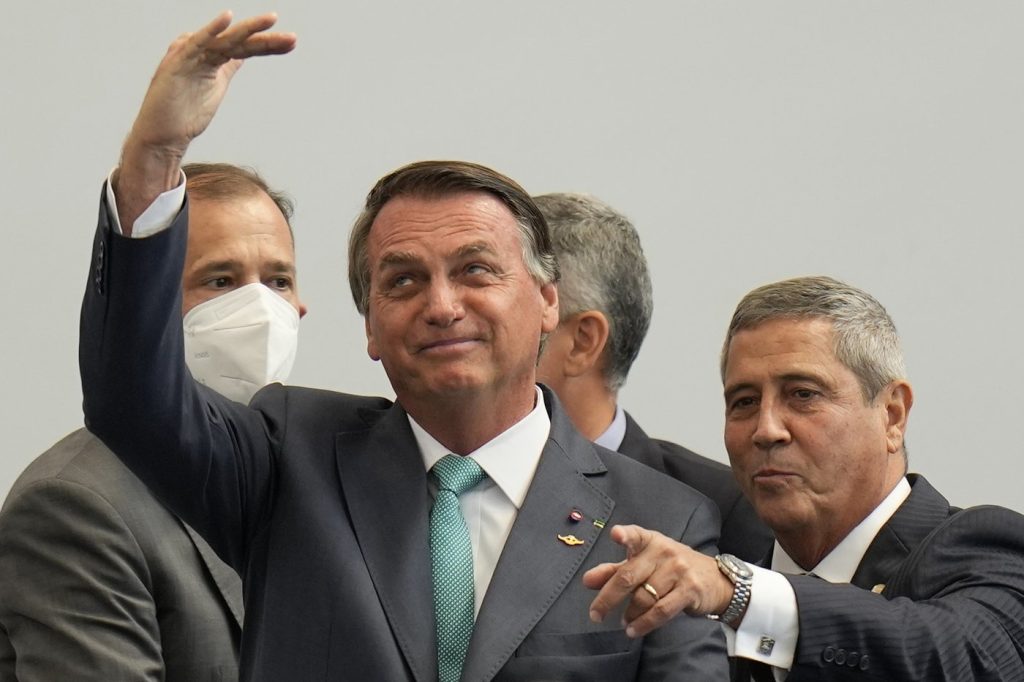On Thursday, Brazil's Supreme Court denied a request made by former President Jair Bolsonaro to have his passport temporarily restored. Bolsonaro sought to attend the inauguration of U.S. President-elect Donald Trump in Washington next week. The decision was announced by Justice Alexandre de Moraes, a figure with whom Bolsonaro has had a contentious relationship, often labeling him as a personal adversary.
In his ruling, Justice de Moraes stated that Bolsonaro does not currently hold a position that would allow him to represent Brazil at the inauguration. Moreover, the court found that the former president had failed to provide sufficient evidence to establish that he had received an official invitation to the event.
Bolsonaro's legal team contends that he possesses a signed letter from the co-chairs of the inauguration, which they believe should warrant his attendance. However, the Supreme Court's decision hinges on the perception of Bolsonaro's current status and the indication that he does not have an official capacity to represent his country.
Since leaving office, Bolsonaro has been embroiled in multiple investigations. These inquiries include allegations related to an attempt to remain in power, despite losing the election. In light of these ongoing investigations, federal police confiscated Bolsonaro's passport in February, citing concerns that he might be a flight risk.
This ruling reflects the broader political climate in Brazil, as Bolsonaro continues to navigate the challenges posed by the legal proceedings against him. His aspirations to participate in high-profile events, such as the U.S. presidential inauguration, are complicated by his legal troubles and the restrictions placed upon him.
In summary, the Supreme Court's decision underscores the implications of Bolsonaro's legal circumstances on his international engagements and reinforces the judiciary's stance toward former officials facing significant allegations. Whether this ruling will affect Bolsonaro's future engagements remains to be seen.










